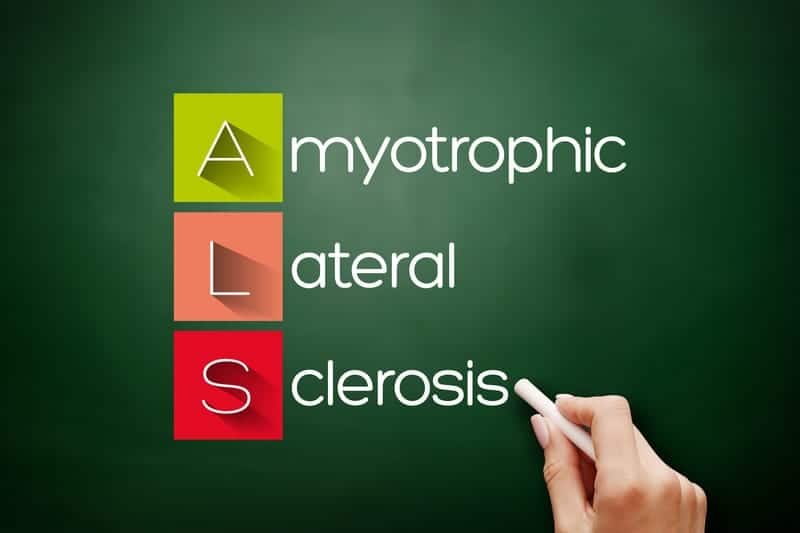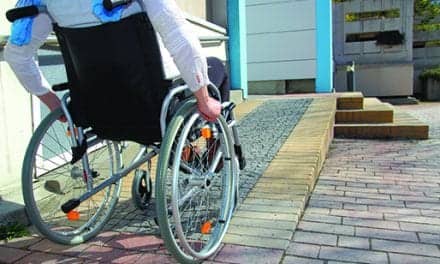Mitsubishi Tanabe Pharma America Inc (MTPA) announces findings from a new analysis evaluating the impact of symptom progression on the ability of people with amyotrophic lateral sclerosis (ALS) to independently conduct activities of daily living (ADLs).
The findings were shared during a virtual presentation at the 2021 Muscular Dystrophy Association Clinical & Scientific Conference, according to a media release from MTPA.
“As part of our commitment to patients and their caregivers, MTPA wanted to explore how different disease symptom progression impacts an ALS patients’ ability to independently perform daily activities, such as cleaning, housework, cooking and traveling outside the home.
“The analysis suggests that respiratory symptoms had a greater impact on patients’ ability to rely less on help from others. We also found that patients needing significant assistance with daily activities had more hospitalizations, falls and poorer emotional health.”
— Gustavo A. Suarez Zambrano, M.D., Vice President of Medical Affairs, MTPA
Analyzed Medical Records
For the analysis, 21 neurologists examined de-identified medical record data for 166 ALS patients in the US to retroactively assess demographics, symptoms, caregiver status, hospitalizations, ability to perform ADLs, emotional well-being, and number of patient-reported falls. Of the patients whose records were reviewed, 54% (90 patients) were dependent on a caregiver to assist with at least one ADL. Participating neurologists were surveyed and submitted blinded patient data into a study database.
Compared with other symptom groups, and based on descriptive analyses, a significant association was observed between the number of respiratory symptoms and likelihood of ADL dependence (OR 3.41; 95% CI 2.17-5.36; p<0.001). For other symptom groups observed, including behavioral, cognitive or motor/bulbar symptoms, there was no significant impact associated with ADL dependence.
In addition, ADL-dependent patients experienced a greater number of hospitalizations (28.1% vs 4.7%; p<0.001) and falls (1.2% vs 0.5%; p<0.001) in the prior 12 months, compared with ADL-independent patients. A larger proportion of ADL-dependent patients also had poorer emotional well-being (87% vs 66%; p=<0.001) and had expressed suicidal thoughts (19% vs 8%; p=0.045) compared with ADL-independent patients, the release explains.
The survey database is not based on a truly random sample of physicians and patients. Moreover, patients included in the survey may not represent the general ALS population, per the release.
[Source(s): Mitsubishi Tanabe Pharma America Inc, PR Newswire]
Related Content:
Scientists ID Compound They Hope Could Reverse ALS Damage
This Could Help ALS Neurons Mellow Out
Wearable Sensor Aims to Help ALS Patients Communicate





